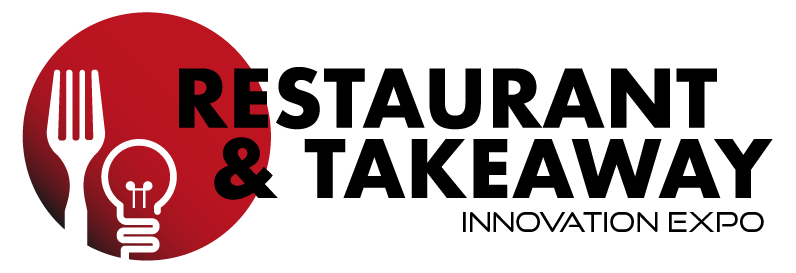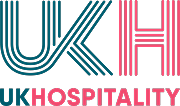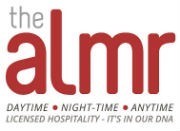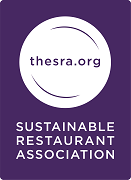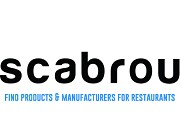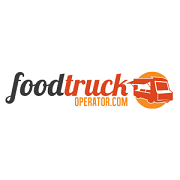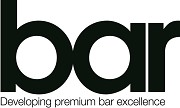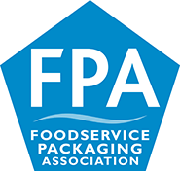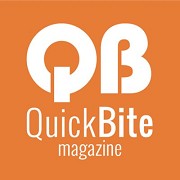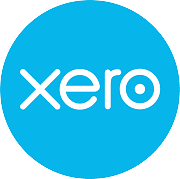IoT, Robotics, and the Future of Hospitality
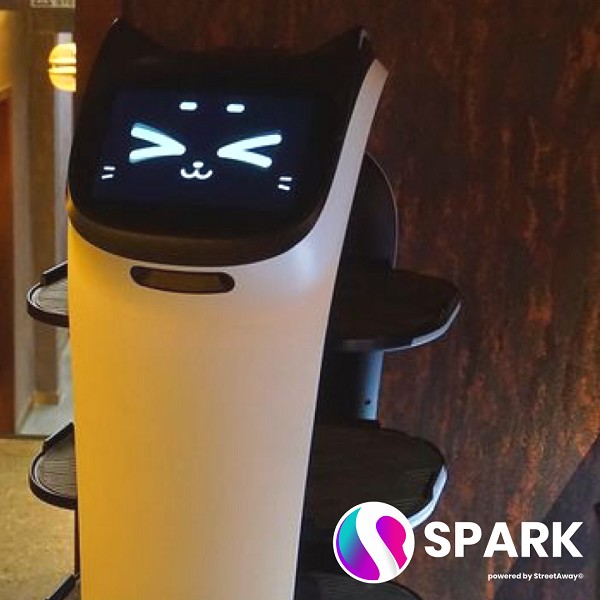



Restaurants, bars, hotels, cafés, and retail are always finding new, intuitive ways to progress and develop their businesses, more recently involving the complete digitalisation of their point-of-sale services. Everywhere you go nowadays, you can enjoy speedy, contactless payments, and it's no longer uncommon where the only interaction you have with a staff member at your local kiosk-kitted fast food restaurant is a quick 'thank you' when they hand you your food. These devices, of course, are rarely ever found alone, and more often than not exist in a network of others - their own little Internet of Things, a trend that has and continues to transform the hospitality industry as we know it.
Technology to transform your business
When people think of smart hospitality and its benefits, speed and efficiency is often at the forefront of their minds, and they'd be absolutely right - there's no better way to speed up business development than to automate it. Relying on traditional methods of hospitality management such as paper orders and manual stock checks can be a huge roadblock when it comes to helping any business grow in a modern, digital world.
And this isn't just an innovation that solely benefits staff, either. Customers nowadays don't just want automation, they expect it, so businesses that don't step up to meet expectations are likely to find themselves suffering in the long-run. Just think of the kiosks lining the open spaces at fast food favourites such as McDonald's or Burger King; a prime example of reaping the benefits of self-service, these kiosks not only minimise the need for staff labour at point-of-sale, but they also provide a faster, contactless ordering experience for the customers who use them. And that's only a single factor of their ecosystems - they'll also benefit from other integrated devices, such as smart kitchen displays, smart payment devices, and, of course, smart EPoS.
Smart hospitality made simple
The downside of converting to a digital setup is that it can be daunting when you don't know the ins and outs. If you want to take full advantage of smart hospitality, a lot of devices are going to be involved, so it's easy to anticipate worrying about managing them all. Luckily, that's where the beauty of IoT comes in, and with a cloud-based hospitality network, digitally managing your entire business has never been easier.
While speed, efficiency, and even accuracy can be somewhat achieved through the individual items in your ecosystem, the ecosystem itself ties them all together, commanding more reliable outcomes. With everything interconnected, you can expect accurate, real-time data across every single device in your system, without fear of having to manually factor in any lingering third parties. With an integrated stock management system, for example, you can accurately monitor inventory levels based on every place your stock depletes from, whether that be terminals, handheld devices, or online ordering. There's no need to fret about anything affecting your data; with the cloud, it's all reliably and automatically connected.
The future of robotics
Here at SPARK, we're also looking forward to the introduction of another automation method with our expansion into the smart robotics market, a trend that has already found success overseas in IoT hotspots like China and is now finally becoming prominent in a more mindful, post-COVID UK. Our ever-growing family of helpful hospitality bots add yet another layer to a modern, automated venue, revolutionising delivery, reception, cleaning, and customer engagement.
While the future of robotics can certainly help reduce staff cost, there's no need to worry about the popular concern of them replacing human workers. In actuality, with the use of robotics to complete repetitive tasks in a venue, staff tasks become easier, and they can now focus on custom satisfaction and maintaining a steady service flow, all while reducing the number of touch points that occur in a venue and negating the need for as much face-to-face contact, which has arguably become a post-pandemic neccessity.
That doesn't mean that they can't help venues function in staff absence, however, since with even just one robot running, businesses still have one less member of staff to account for staff sickness, holidays, and recruitment. Staff shortages and unpredictable staff turnouts are also far less of a stab to operations, and that's not even mentioning the inherent draw they have to potential customers. SPARK has been lucky enough to witness this ourselves when we rolled out our robotics to all-you-can-eat world buffet chain Cosmo's St Enoch venue, who generated over 1.5 million views on related TikTok videos thanks to the inclusion of BellaBot on their staff.
The Internet of Things makes it easier than ever to switch to smart hospitality, or to expand if you're already lucky enough to be there. In a study from McKinsey, it was found that the number of businesses that use IoT technology had increased from 13% in 2014 to about 25% at the dawn of the 2020s. The worldwide number of IoT-connected devices was also projected to increase to 43 billion by 2023, making it evident that now is a better time than ever to invest in smart tech.
Here at SPARK, we have the experience to recognise the benefits of IoT, and we're passionate about using it to revolutionise the hospitality industry, no matter how small the business. To browse our full catalogue and find out how our own cloud-based system can help your business grow, head to our new-and-improved website at www.sparkepos.com





